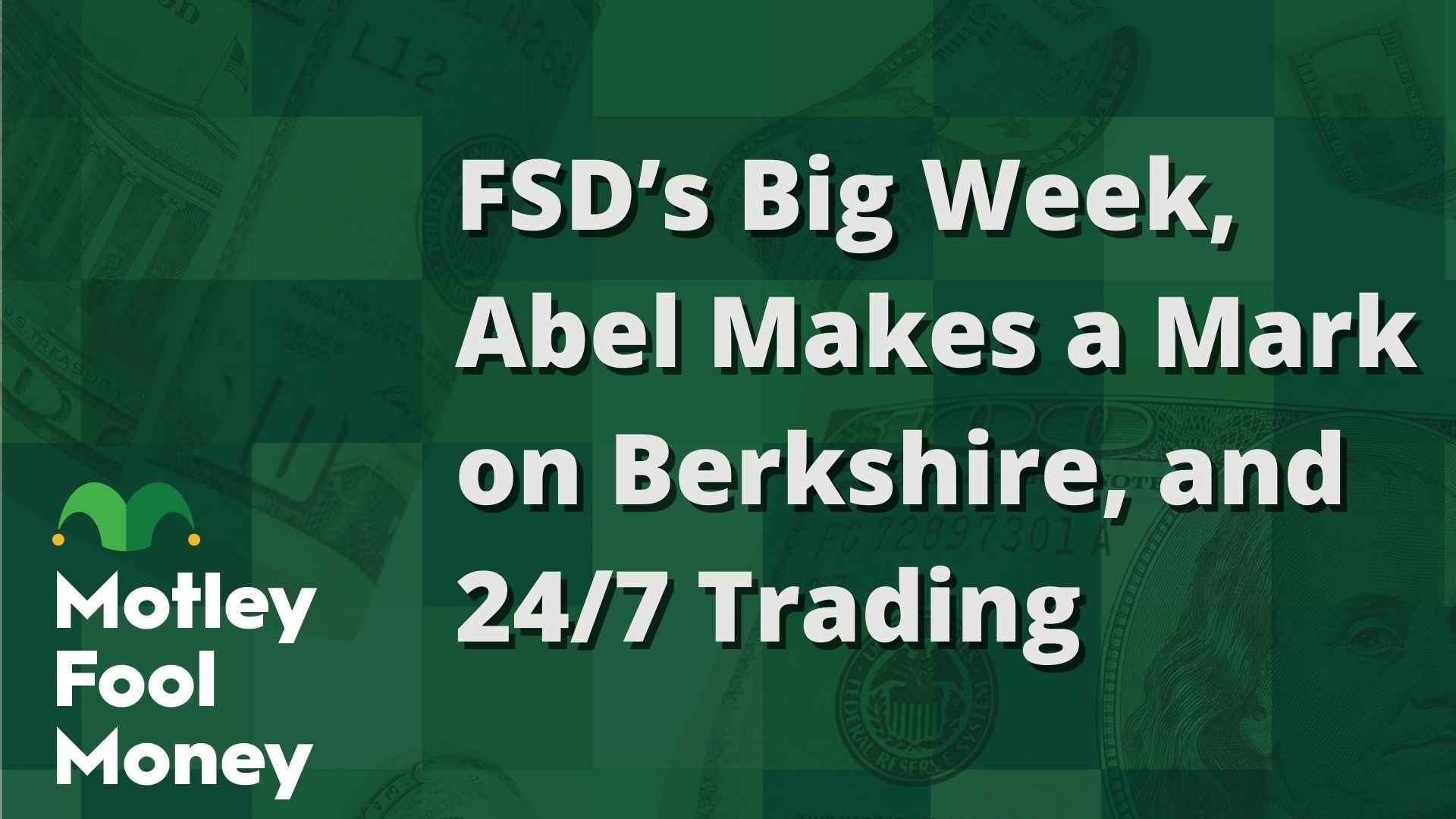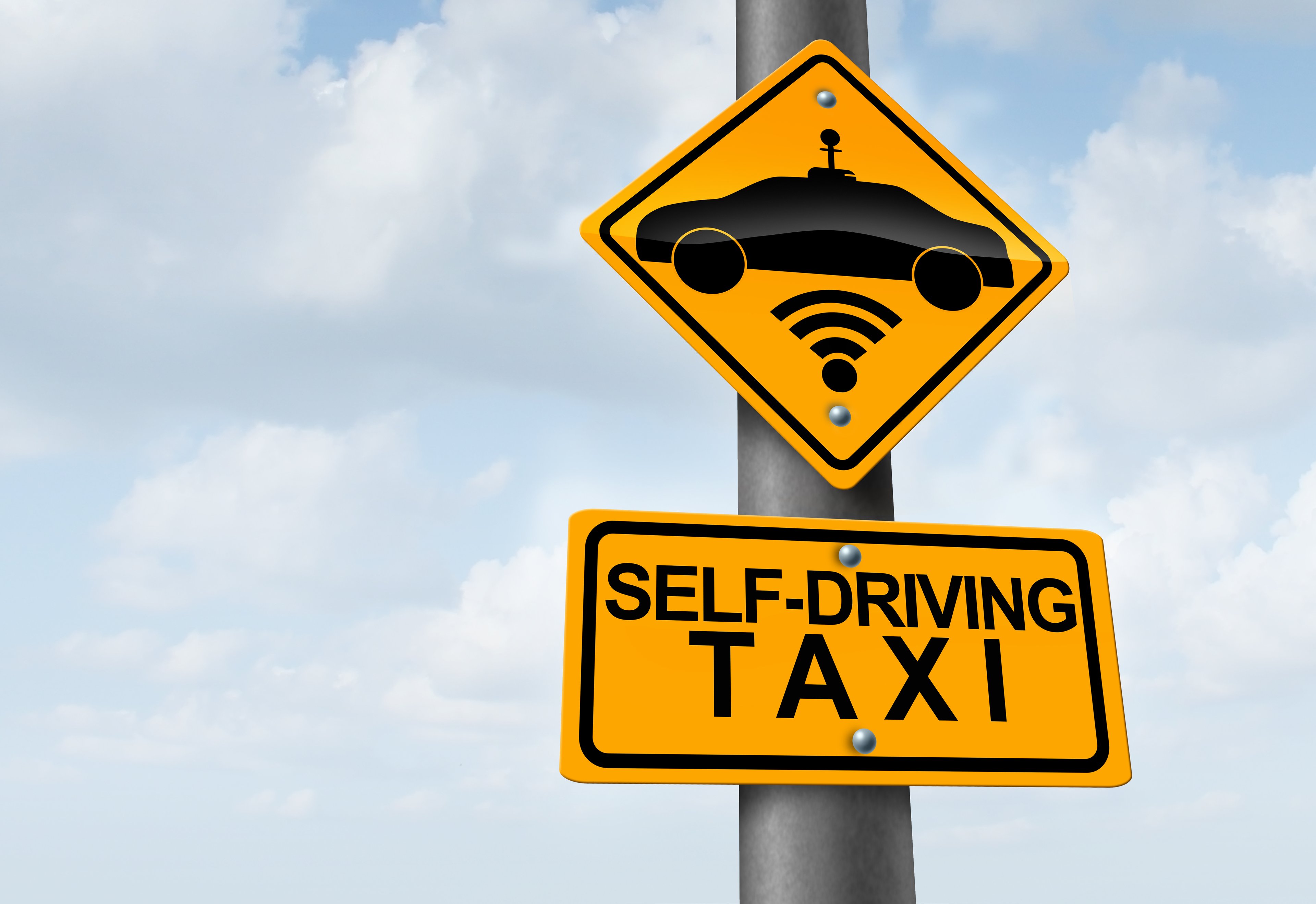It's (apparently) not an April Fools' joke: Tesla Motors (TSLA +3.38%) announced on Monday morning that it was raising its first-quarter guidance to "full profitability", thanks to better-than-expected sales of its electric Model S sedan.
Tesla shares took off on the news, flying up over 20% by mid-day Monday as excited investors rushed in.
Is it really time to get on the Tesla bandwagon?
Better sales mean a solid profit, Tesla says
Tesla's Monday morning press release said that the company had exceeded the sales projection it made when it released fourth-quarter earnings in mid-February. That's when CEO Elon Musk said that Tesla expected to deliver 4,500 cars during the first quarter of 2013, and that it expected to report a slight, possibly non-GAAP, quarterly profit.
That's the prediction that Tesla is now revising upward. In Monday's release, Tesla said that its deliveries in the first quarter had exceeded 4,750 – enough that the company is now confident that it will report a righteous GAAP-compliant profit.
But is a profit enough to warrant an investment in Tesla?
This Fool remains skeptical of Tesla
I follow auto stocks for a living, and let's just say that I'm not rushing in yet. To be clear, I'm a big fan of Tesla's cars, and I think the company has done a great job of executing on its ambitious business plan so far. There have been bumps on the road, but still: For the most part, high praise is due all around.
But I'm not a fan of its sky-high, priced-for-unrealistic-perfection stock.
Here's my concern in a nutshell: Tesla's market cap as of this moment is around $5.3 billion. At current levels, its stock is priced as if this were a disruptive technology firm set for hockey-stick-vertical sales growth.
But it's not. Tesla's an automaker, albeit an innovative, high-tech one. At a traditional automaker's valuation of around 10 times earnings, Tesla has to make over $500 million in profit every year – or at least, have some nearish-term hope of making that much money – to justify its current stock price.
Even cutting the company some slack (it's not really a traditional slow-growth automaker, after all, and a higher valuation would be fair) it's hard to get anywhere near that neighborhood when you're selling 20,000 cars a year, the number Tesla hopes to deliver in 2013.
Musk has promised high margins on the Model S. But he'll need spectacular ones to deliver that kind of profit.
Even if Tesla's sales start to take off, there's a big problem
Of course, Tesla and its investors hope its sales ramp up considerably from here. But remember this: For all of Musk's fun Silicon Valley trash talk, the technology behind the Model S really isn't rocket science. If Tesla's efforts show that there's a real, substantial market for all-electric luxury cars (still a very big "if"), you can bet that competitors will start entering it.
And Tesla is surrounded by vastly better-funded competitors, companies with names like Toyota (TM 0.09%) and Ford (F 0.86%) and Volkswagen (VLKAY 2.42%), all of whom have resources and scale that dwarf anything Tesla will be able to muster -- likely ever.
How does Tesla get to the sales volumes needed to justify the expectations built into its stock price without seeing its lunch get eaten by the big guys?
After looking at this company for almost three years, I still don't have a good answer to that question. If you do, buy the stock.









